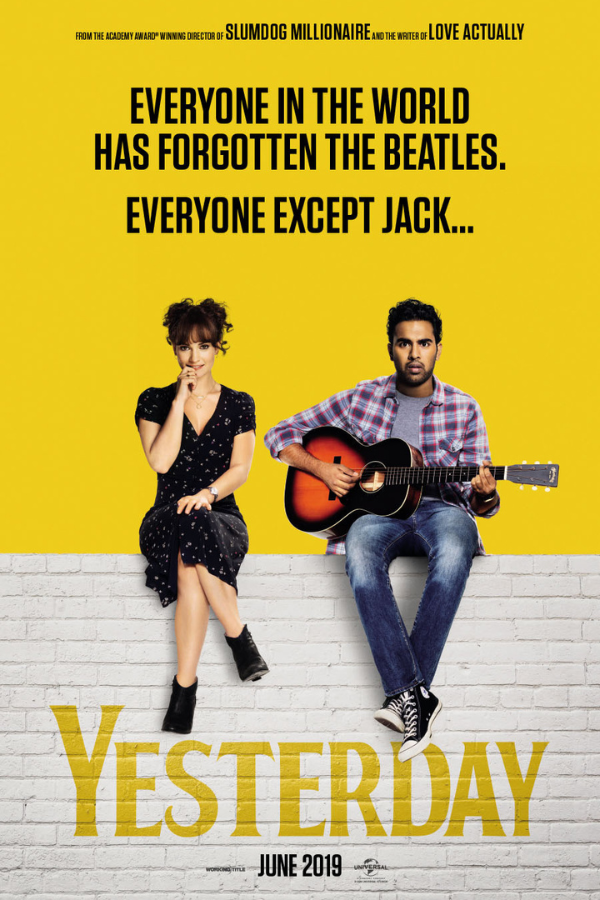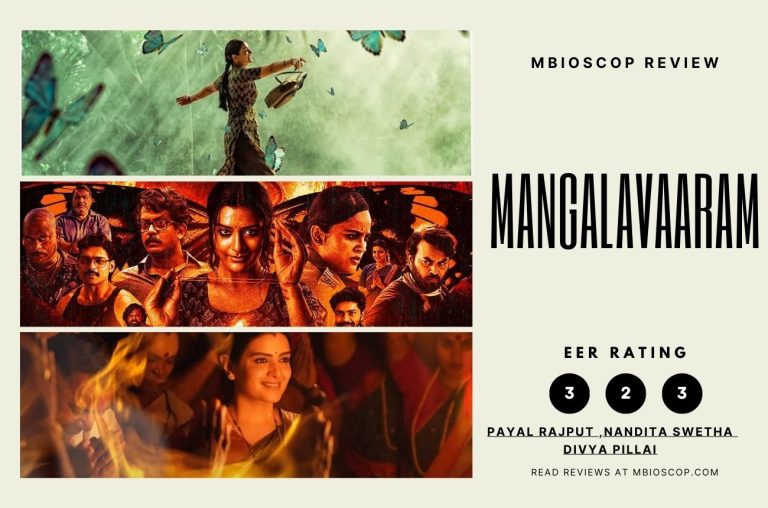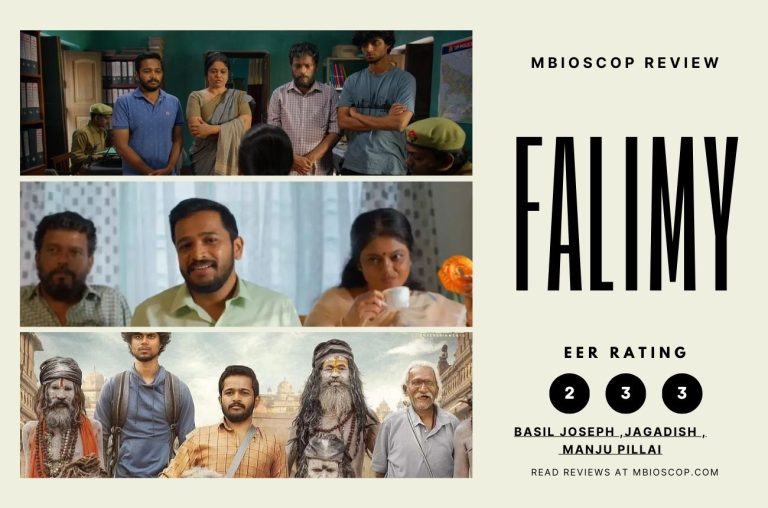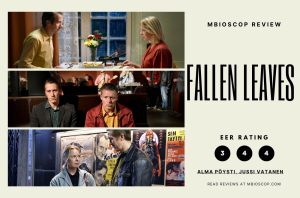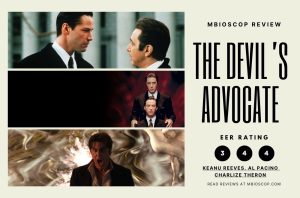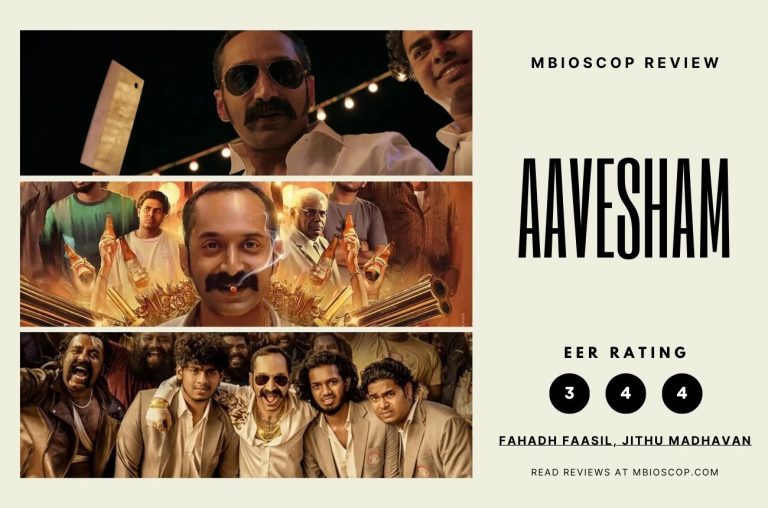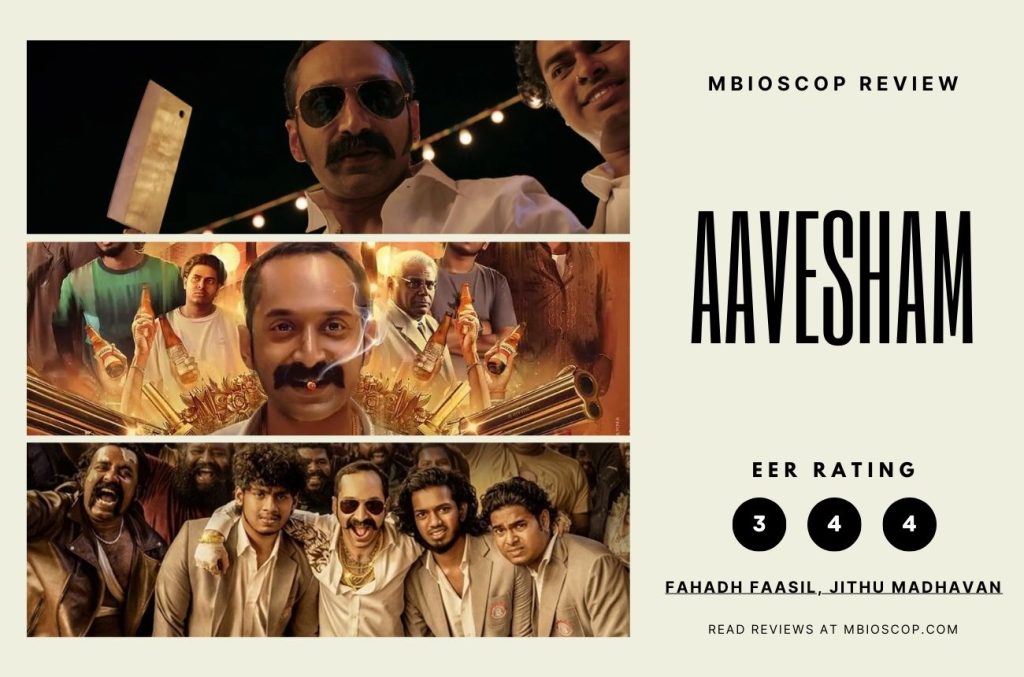In a universe devoid of the Beatles, where the melodic magic of “Yesterday,” the poetic musings of “Blackbird,” and the revolutionary soundscapes of “Sgt. Pepper” never resonated, Danny Boyle’s film offers a fanciful exploration. The absence of these cultural milestones transforms the world, and Himesh Patel steps into the role of Jack, a dreamer from Lowestoft whose life takes an extraordinary turn when he wakes up to a reality where the Beatles never existed. As we delve into this alternate realm, the film weaves together a tapestry of humor, melancholy, and the enduring power of music.
The narrative, co-written by Richard Curtis and Jack Barth, kicks off with a quirky premise: an otherworldly event disrupts the space-time-reality-consciousness continuum, erasing the Beatles from history. Despite occasional hokiness and narrative uncertainties, Boyle directs with dash and gusto, infusing the film with a puppyish zest that propels it forward. The result is an exasperatingly enjoyable fantasy-comedy that riffs on the intriguing consequences of a Beatle-less world.
The protagonist, Jack, played amiably and confidently by Himesh Patel, embodies the classic Richard Curtis lovably-hopeless-and-rubbish character. Working in a retail warehouse in Lowestoft, Jack aspires to make it as a singer-songwriter. Evenings and weekends find him at dismal pubs, strumming his guitar—a pursuit facilitated by his superfan, de facto manager, and quasi-Platonic friend Ellie (Lily James). Their dynamic, laced with unspoken romantic tension, adds a layer of complexity to Jack’s journey.
The inciting incident occurs with a surreal twist: a massive electrical storm coincides with Jack’s non-serious road accident, altering the course of existence. In this altered reality, Jack discovers that he alone remembers the Beatles’ songs. The film takes us on his journey as he seizes this unprecedented opportunity to pass off the timeless tunes as his own, catapulting him into super-mega-greatness.
The comedic elements shine through as Jack navigates this brave new world of musical plagiarism. There are laughs and goosebump-inducing moments, particularly when he introduces his original composition, “Yesterday,” to his saucer-eyed friends. The challenge of piecing together lyrics for “Eleanor Rigby” from memory, in a world where Google can’t help, adds a delightful touch of absurdity.
Ed Sheeran makes a noteworthy cameo, portraying himself as the big star who discovers Jack. The dynamic between the two musicians introduces a humorous twist, with Sheeran grappling with the realization that he is Salieri to Jack’s Mozart. As Jack’s fame rises, Sheeran’s character attempts to sabotage “Hey Jude,” adding a layer of rivalry and comedic tension.
The film’s narrative unfolds in a relatively straightforward manner, sidestepping nuanced explorations of whether some Beatles songs would fare better than others in the present day. It mirrors Curtis’s previous work, notably drawing parallels to “Notting Hill” with its ordinary guy thrust into a world of glamour, supported by a well-meaning but foolish best mate (Joel Fry).
Kate McKinnon’s role as the nasty LA manager feels somewhat underdeveloped, providing limited substance for the talented actress to sink her teeth into. However, the onward rush of silliness and the film’s overall lighthearted tone compensate for any narrative shortcomings.
As the story hurtles toward its climax, anticipation builds for the promised colossal cameo(s). Expectations are defied, as the final walk-on moment unfolds with sentimental extravagance. While the sentimentality aligns with the film’s tone, the surprise factor momentarily takes the audience aback. It’s a fab conclusion, delivering the emotional resonance one would reasonably expect from a film built on the legacy of the Beatles.
In essence, “Yesterday” invites us to imagine a world without the Beatles, a concept that, in itself, carries a profound charge. The film, with its blend of ridiculousness and indulgence, captures the essence of the band’s impact on culture. It leaves behind a weird and heavy backwash of sadness, a melancholic comedown that lingers after the credits roll. Whether intentional or not, this emotional undercurrent adds depth to a story that, at its core, celebrates the enduring power of music and the timeless legacy of the Beatles.

